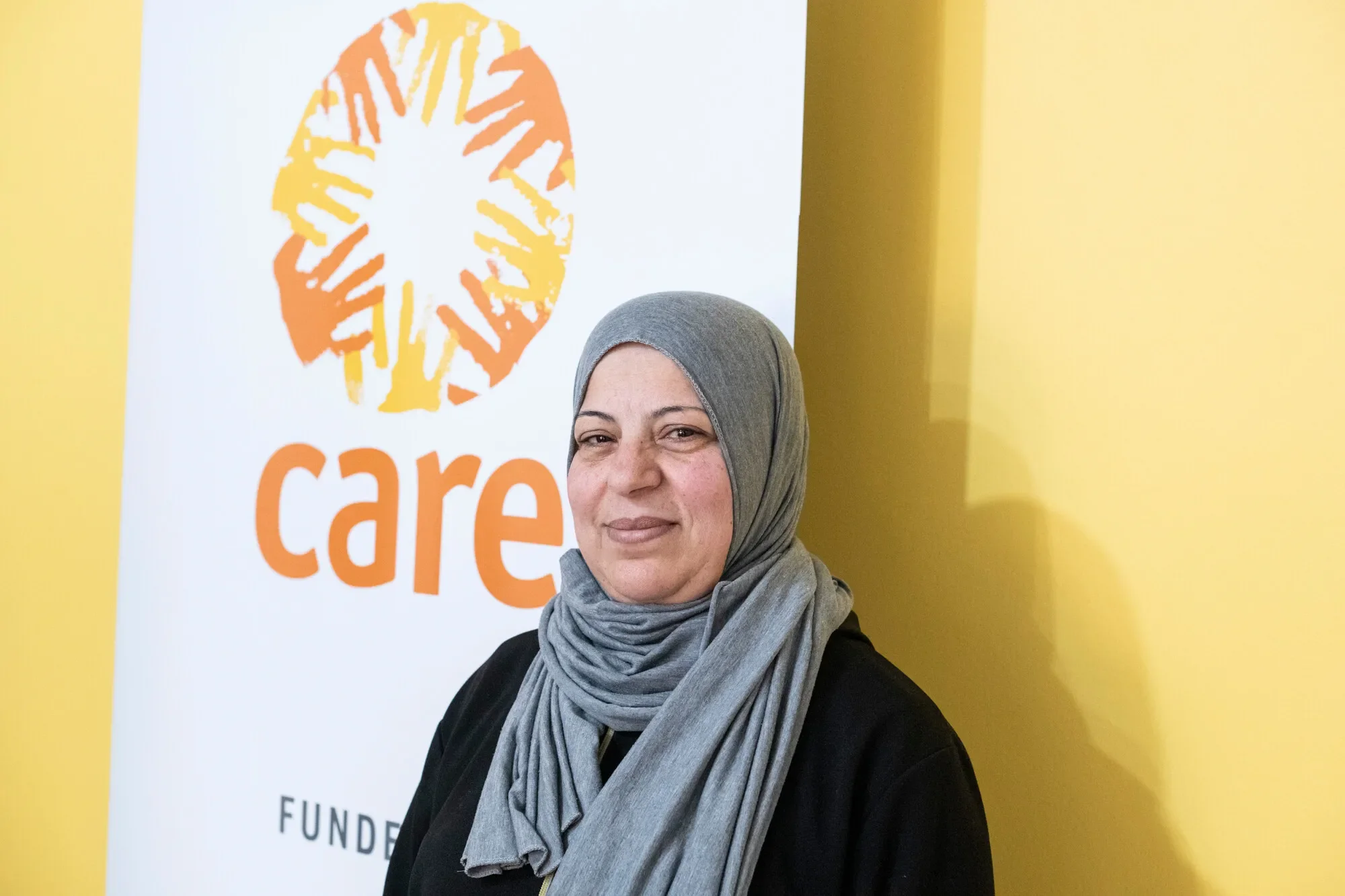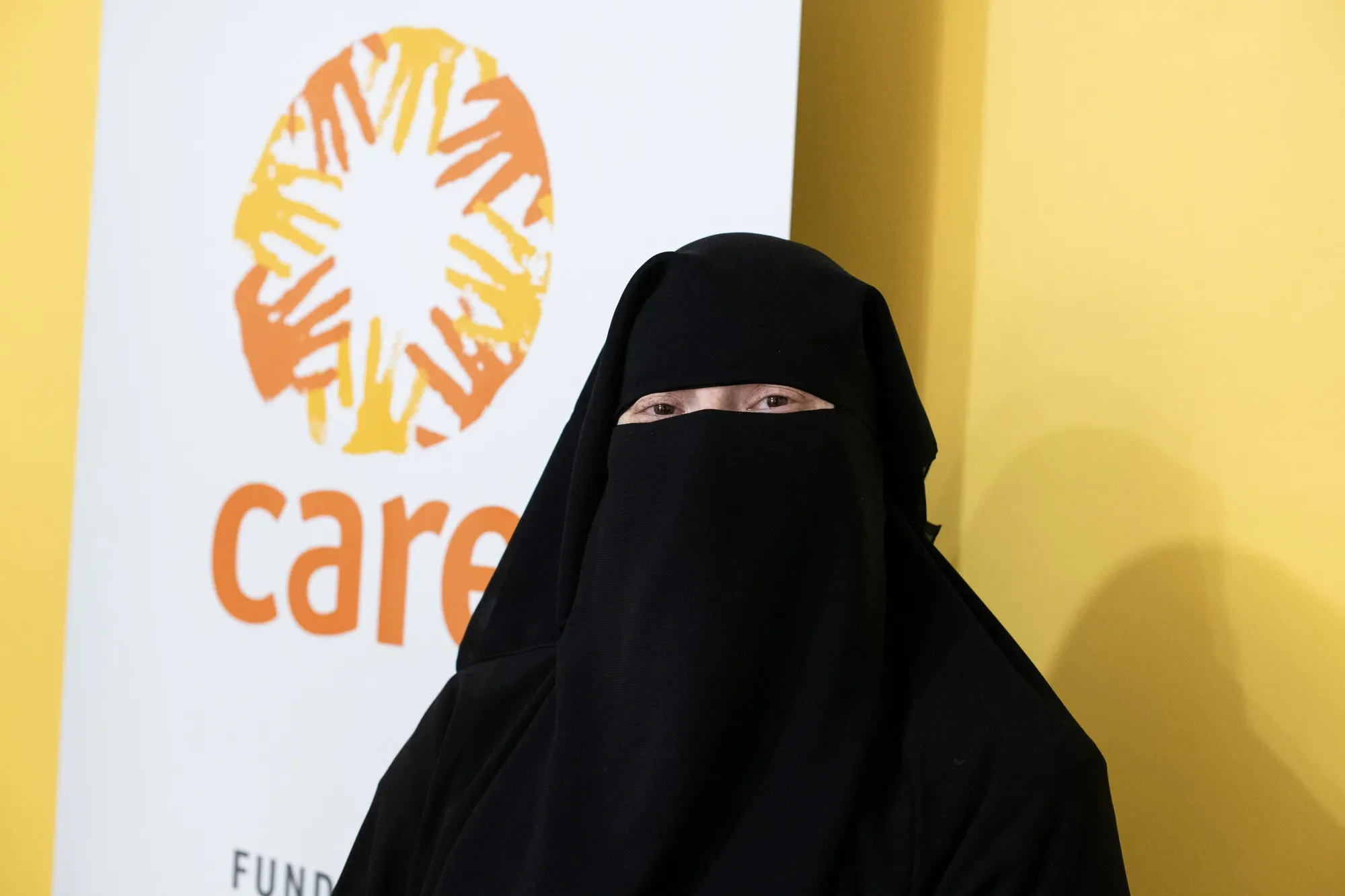“The prices for oil, rice, and wheat have risen rapidly,” says Ghena, 34.
“In some places, supermarkets no longer sell these products, or they sell them in very limited quantities. In some places we can only buy one bottle of oil per person,” adds Hanan.
The two women started their own businesses with support from CARE some time ago. Ghena, who originally had to flee from Syria to Jordan, offers healthy meals and baked goods for diabetics. She suffers from the disease herself and changed her lifestyle completely a few years ago. Her family has also joined her. Together they support other diabetics to lead a healthy life. Hanan also loves to cook. The former teacher used to provide her friends with her home-cooked meals, but now that she has started her own business, she provides for her four children and her husband.


